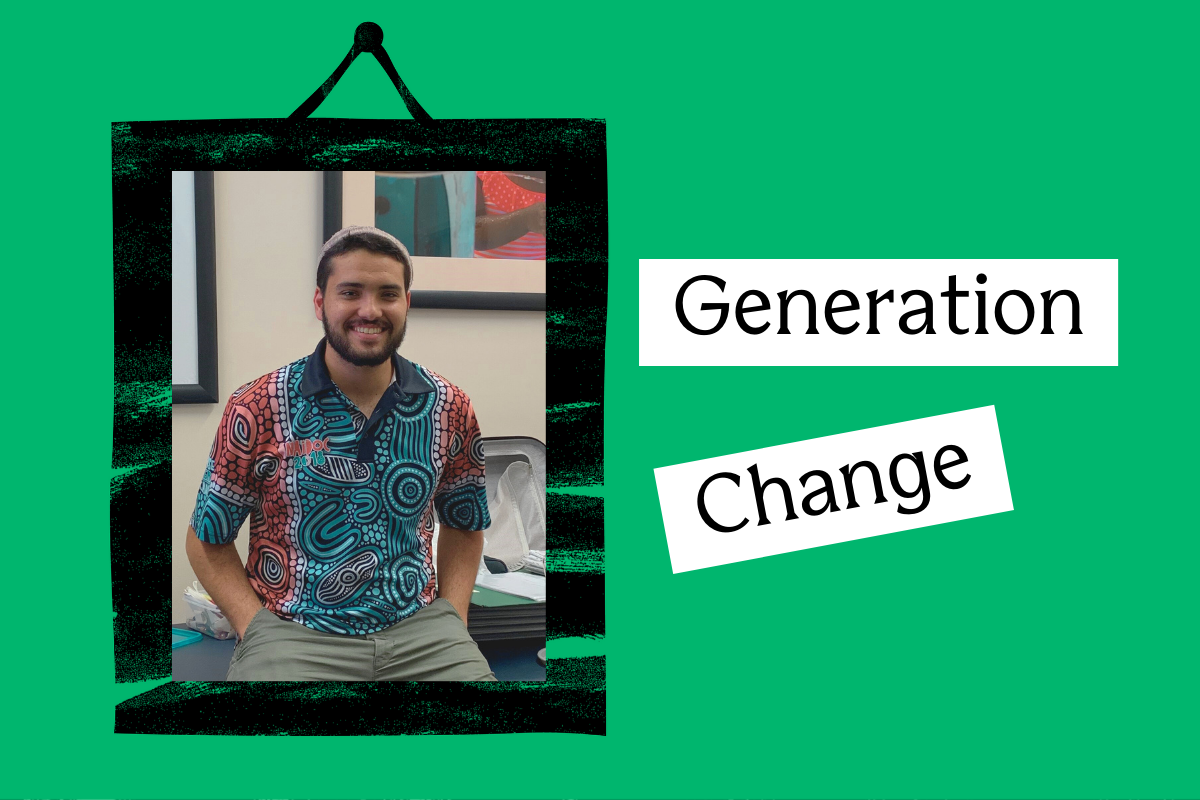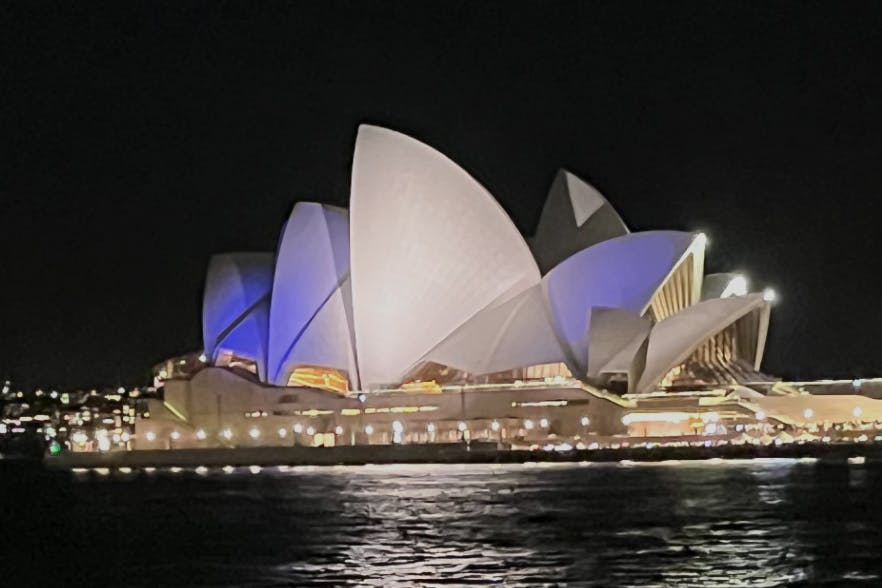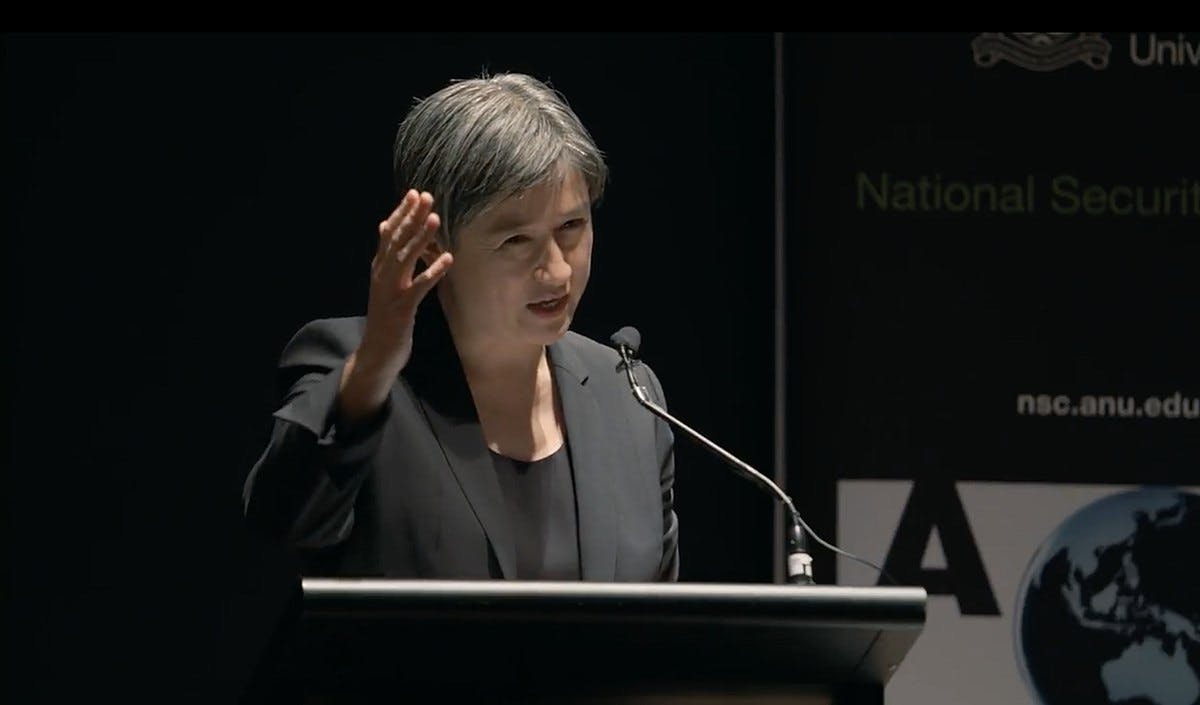Published: 9 December 2022
Last updated: 5 March 2024
About a quarter of Australian Jews are migrants or children of migrants from the former Soviet Union but their culture is often excluded from mainstream community events.
In November, Jews with roots in the former Soviet Union who live in Australia heralded their heritage with a pair of long-awaited festivals in Sydney and Melbourne.
Limmud FSU Australia hosted both festivals in partnership with the Zionist Federation of Australia.
Due to Covid lockdowns, the events, which each attracted 200 people, were the first large scale in-person events for the community since 2018.
About a quarter of Australia’s 120,000 Jews were born in the former Soviet Union or are children of immigrants from the former USSR but many do not connect with the rest of the Australian Jewish community.
Limmud FSU organises gatherings all over the world to strengthen Jewish identity and a sense of Jewish community among Jews with roots in the USSR.
Among the attendees was Luiza Levenfus, 44, who immigrated to Israel from the former Soviet republic of Azerbaijan at age 12 before moving to Melbourne when she was about 20.
She says Jewish identity is at risk in Australia’s multicultural society.
“There is a big risk of losing our connection to Judaism,” Levenfus said. “I feel like my kids don’t understand the Jewish side of things, even though their mom is Jewish and their dad is half-Jewish and half-Russian — especially in the suburb where we live.”
That’s why taking the time to go to the Limmud FSU festival was so important, she said.
“People there get me. I don’t have to explain to them why I have tears when I hear Hebrew songs,” Levenfus said. “We’re all on the same page.”
This year alone, Limmud FSU has held festivals in New Jersey; Niagara Falls, Canada; Baku, Azerbaijan, and Boston. A December 1-3 gathering in Tiberias, Israel, was the year’s biggest event, with some 1100 participants.
“It has been a long time since we last gathered in Australia,” said Limmud FSU founder Chaim Chesler. “But the post-Covid Australian Jewish community, whose roots lie in the countries of the FSU, is just as vibrant and hungry for community and learning opportunities as before. We are delighted to return.”
At the Limmud festivals in Australia, which were held in both English and Russian, representatives of three non-profit groups — the Blue Peony Foundation, the Svoboda Alliance and the Russian-Speaking Jewish Community Association — shared tips on how to assist Ukrainians suffering from the war that has devastated their country.
Some of the festivals’ sessions focused on uniquely Australian themes. Professor Ludmila Stern gave a lecture on the World War II-era prosecution of two elderly Ukrainians and a German in Adelaide for atrocities against Jews. The Australia/Israel & Jewish Affairs Council’s director of international and community affairs, Jeremy Jones, spoke of local efforts to secure the emigration of Soviet Jews to Australia in the 1970s and ’80s. Simon Holloway, head of education at the Melbourne Holocaust Museum, spoke on the dramatic emergence of Holocaust research in the former Soviet Union.
Lighter sessions included Orthodox psychotherapist Miriam Dolnikov talking about myths and facts about Orthodox sex, and rabbi and chef David Trakhtman discussing “spiritual gastronomy.”
Entertainment included VulgarGrad, a seven-piece, Melbourne-based band that plays funk and punk renditions of traditional folk songs from the former Soviet Union. There were also challah-baking and martial arts workshops for children.
Photo: A Limmud FSU event in Melbourne in November (Yuri Peress, PY-PHOTO)



